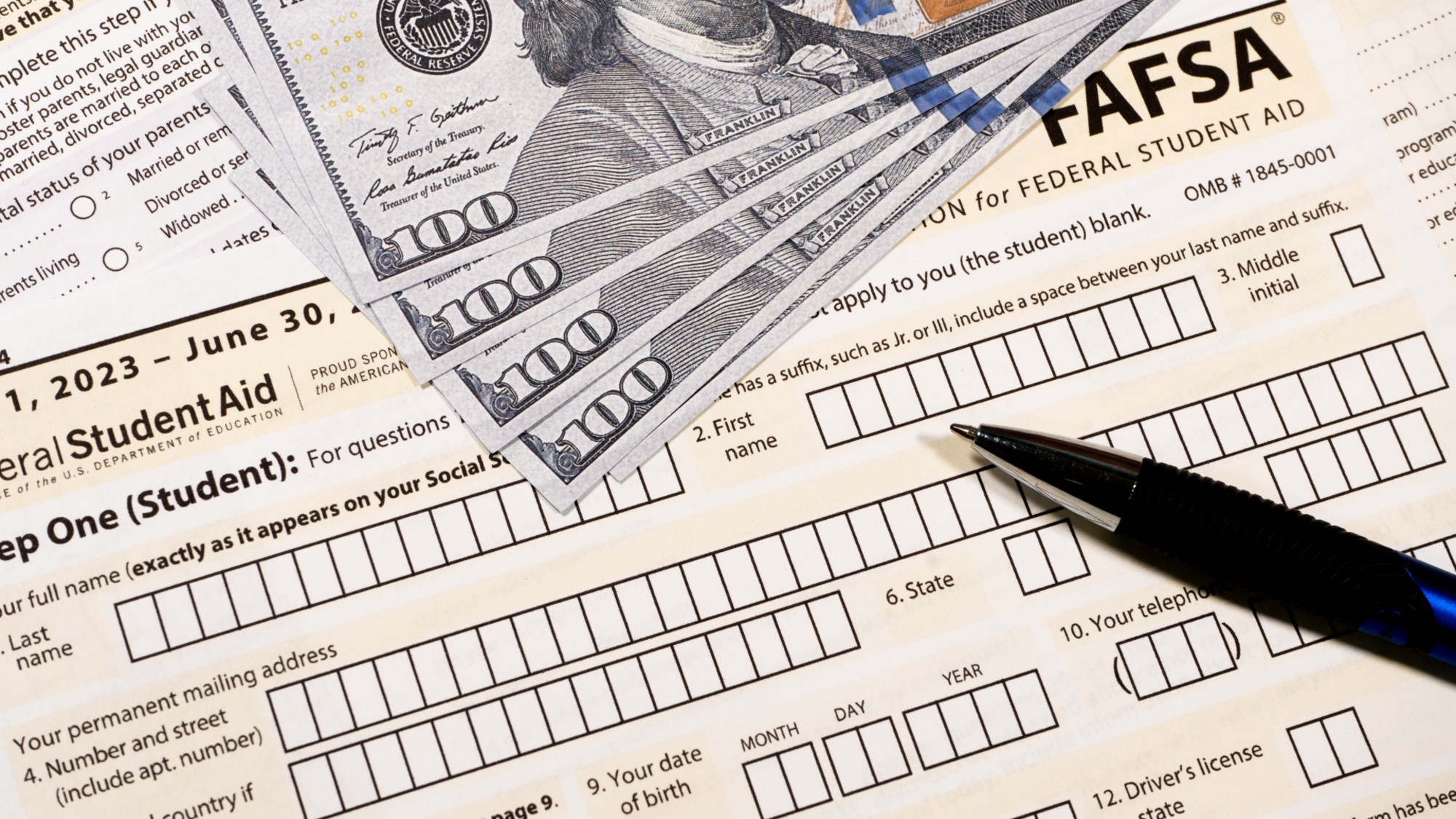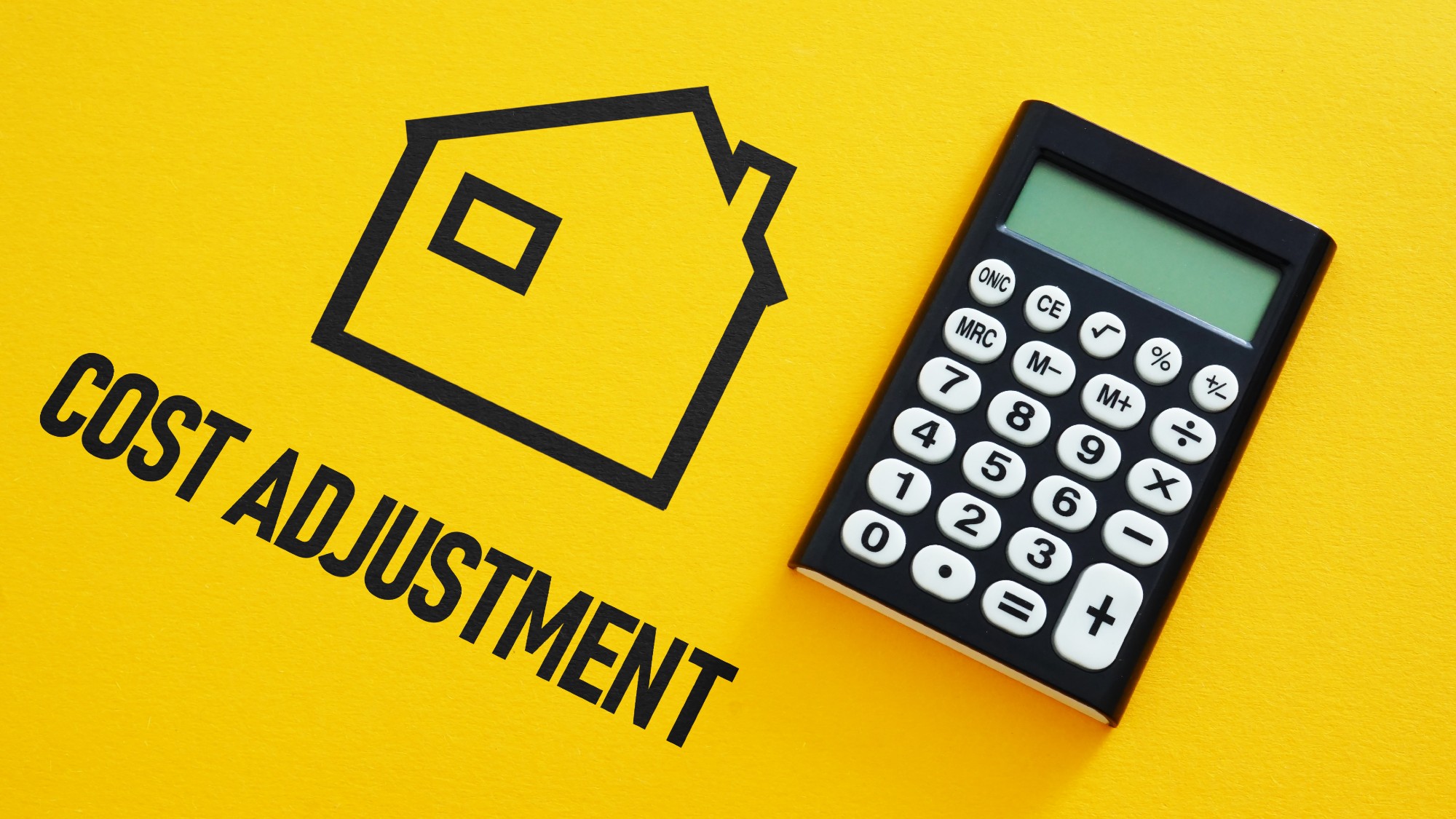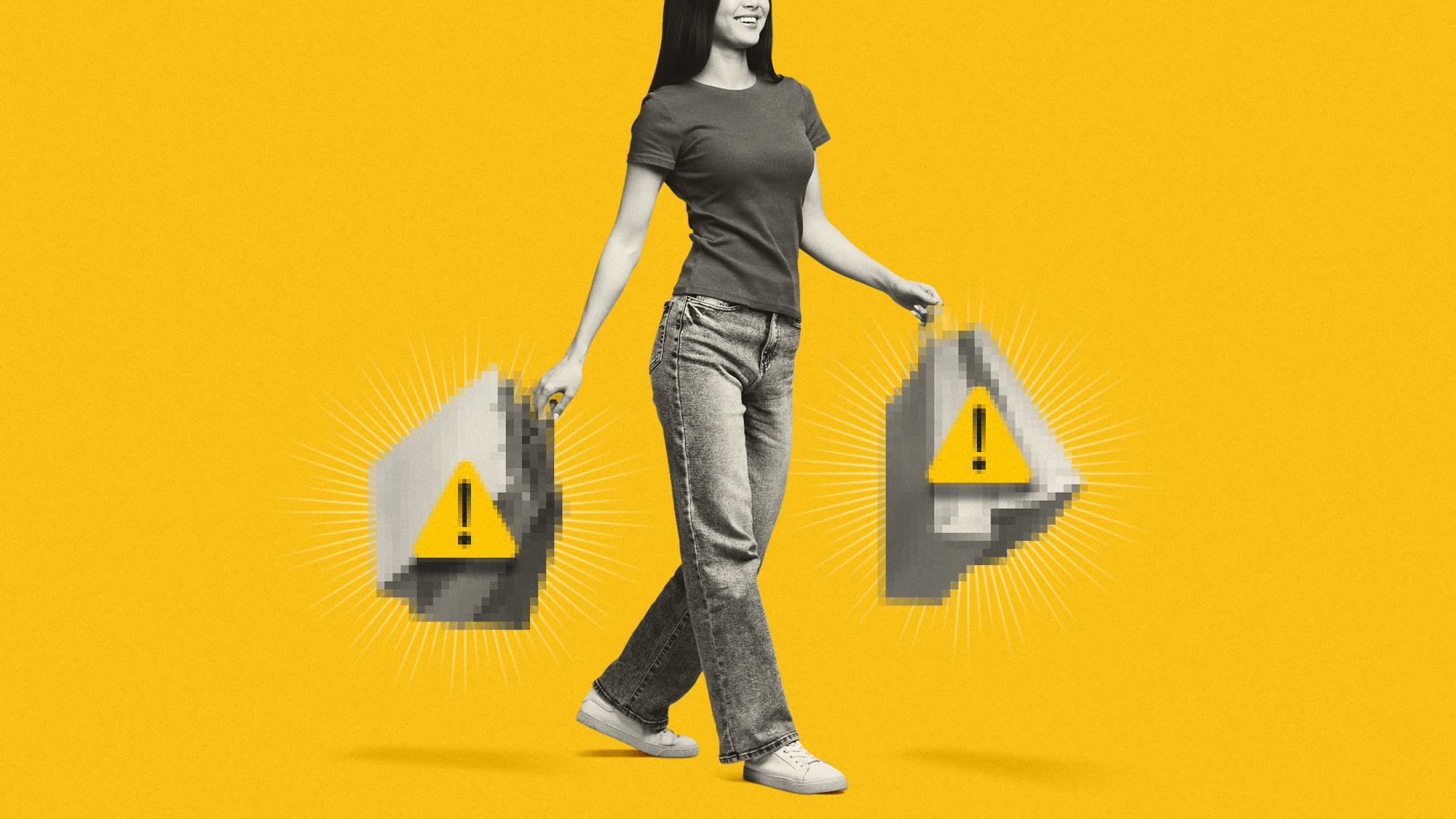Energy worries drive sales of blankets and air fryers
Consumers prioritise energy-efficient purchases and cut back on non-essentials

A free daily email with the biggest news stories of the day – and the best features from TheWeek.com
You are now subscribed
Your newsletter sign-up was successful
Concern over the rising cost of gas and electricity has driven consumers to stock up on blankets, warm clothing and energy-efficient appliances before winter sets in.
The latest survey by the British Retail Consortium (BRC) and consultancy KPMG found that while energy-saving appliances such as air dryers and air fryers have been selling well, households have cut back on items such as computers, TVs and furniture as the cost-of-living crunch continues to bite. The overall rise in retail sales, the value of which grew by 2.2% in September, “masks a much bigger fall in the volume of goods sold, once inflation is accounted for”, the BBC reported.
Helen Dickinson, chief executive of the BRC, warned that a difficult winter looms for both retailers and consumers.
The Week
Escape your echo chamber. Get the facts behind the news, plus analysis from multiple perspectives.

Sign up for The Week's Free Newsletters
From our morning news briefing to a weekly Good News Newsletter, get the best of The Week delivered directly to your inbox.
From our morning news briefing to a weekly Good News Newsletter, get the best of The Week delivered directly to your inbox.
“Costs are increasing throughout retailers’ supply chain, the pound remains weak, interest rates are rising and a tight labour market is pushing up the cost of hiring,” she said. “All of this is making it harder for retailers to reduce prices and help struggling households.”
It comes as research firm Kantar estimated the average annual grocery bill across the UK is set to rise by £643 this year, or an extra £54 a month.
“Taking that at a basket level, that’s an extra £3.04 on top of the cost of the average shopping trip last year, which was £21.89,” Fraser McKevitt, head of retail and consumer insight at Kantar, said.
In another indication of how rising prices are changing the living habits of UK households, a report from Barclaycard found spending on takeaways and digital content had benefited from the arrival of colder weather, which has prompted people to spend more time at home.
A free daily email with the biggest news stories of the day – and the best features from TheWeek.com
“Consumers are taking a savvy approach to budgeting as they reduce spending on discretionary items and seek more value in their weekly shop, which is having a knock-on effect on retail and hospitality sectors,” said Esme Harwood, director at Barclaycard.
All this points to consumers “being more selective about their purchases”, said The Times. This could spell particular trouble for the already beleaguered retail and hospitality sectors ahead of the traditionally busy Christmas period.
-
 The EU’s war on fast fashion
The EU’s war on fast fashionIn the Spotlight Bloc launches investigation into Shein over sale of weapons and ‘childlike’ sex dolls, alongside efforts to tax e-commerce giants and combat textile waste
-
 How to Get to Heaven from Belfast: a ‘highly entertaining ride’
How to Get to Heaven from Belfast: a ‘highly entertaining ride’The Week Recommends Mystery-comedy from the creator of Derry Girls should be ‘your new binge-watch’
-
 The 8 best TV shows of the 1960s
The 8 best TV shows of the 1960sThe standout shows of this decade take viewers from outer space to the Wild West
-
 Six ways to boost your finances in 2026
Six ways to boost your finances in 2026The Explainer It’s not too late to make a new year’s resolution to finally get organised money-wise
-
 How your household budget could look in 2026
How your household budget could look in 2026The Explainer The government is trying to balance the nation’s books but energy bills and the cost of food could impact your finances
-
 What are Pell Grants and who do they benefit?
What are Pell Grants and who do they benefit?The Explainer These are grants, not loans — meaning students do not have to repay the funds, but they must first meet certain conditions
-
 What to know about the latest Social Security cost-of-living adjustment
What to know about the latest Social Security cost-of-living adjustmentThe Explainer A slightly more substantial increase for 2026, though not by much
-
 The financial changes to expect in 'Awful April'
The financial changes to expect in 'Awful April'The Explainer As the new financial year begins, it brings changes for bills, wages and tax
-
 With economic uncertainty, 2025 looks to be a 'No Buy' year
With economic uncertainty, 2025 looks to be a 'No Buy' yearIn the spotlight Consumers are cutting back on splurges to combat overconsumption
-
 How to earn extra cash for Christmas
How to earn extra cash for ChristmasThe Explainer The holiday season can be expensive but there are ways to bolster your festive finances
-
 3 tips to lower your household bills
3 tips to lower your household billsThe Explainer Prices on everything from eggs to auto insurance to rent have increased — but there are ways to make your bills more manageable